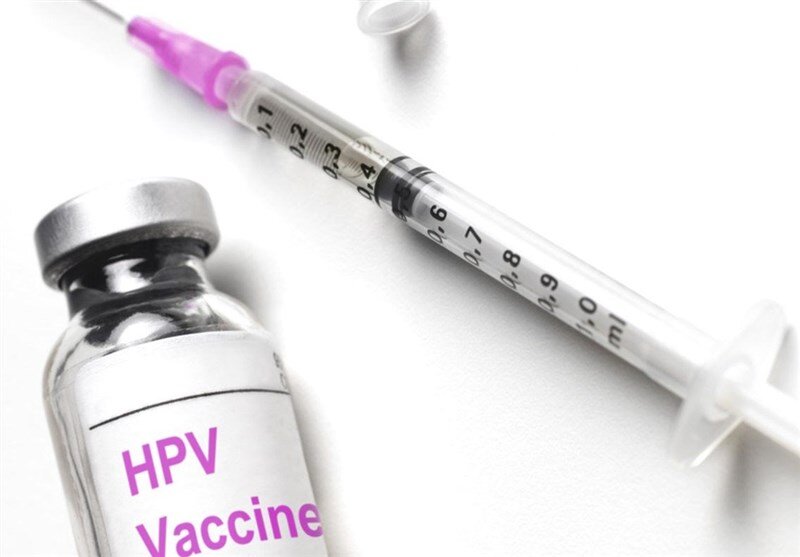


HPV vaccines are vaccines that protect against infection with human papillomaviruses (HPV) which is a group of more than 200 related viruses, of which more than 40 are spread through direct sexual contact. Among these, two HPV types cause genital warts, and about a dozen HPV types can cause certain types of cancer—cervical, anal, oropharyngeal, penile, vulvar, and vaginal. Also known by the brand name Gardasil 9, the HPV vaccine protects against:
Who should get HPV vaccination?
The HPV vaccine is routinely recommended for girls and boys ages 11 or 12, although it can be given as early as age 9. It's ideal for girls and boys to receive the vaccine before they have sexual contact and are exposed to HPV.
Does the HPV vaccine carry any health risks or side effects?
Overall, the effects are usually mild. The most common side effects of HPV vaccines include soreness, swelling or redness at the injection site.
Sometimes dizziness or fainting occurs after the injection. Remaining seated for 15 minutes after the injection can reduce the risk of fainting. In addition, headaches, nausea, vomiting, fatigue or weakness also may occur.
How many doses of the HPV vaccine are needed?
The Centers for Disease Control and Prevention (CDC) recommends that all 11- and 12-year-olds receive two doses of HPV vaccine at
least six months apart, instead of the previously recommended three-dose schedule. Research has shown that the two-dose schedule is effective for children under 15.
Teens and young adults who begin the vaccine series later, at ages 15 through 26, should continue to receive three doses of the vaccine.
The CDC now recommends catch-up HPV vaccinations for all people through age 26 who aren't adequately vaccinated.The U.S.F.D.A. recently approved the use of Gardasil 9 for males and females ages 9 to 45.
Who should not get the HPV vaccine?
The HPV vaccine isn't recommended for pregnant women or people who are moderately or severely ill.
How do HPV vaccines work?
HPV vaccines stimulate the body to produce antibodies that, in future encounters with HPV, bind to the virus and prevent it from infecting cells.
How effective are HPV vaccines?
HPV vaccines are highly effective in preventing infection with the types of HPV they target, when given before initial exposure to the virus—which means before individuals begin to engage in sexual activity.
Does the HPV vaccine carry any health risks or side effects?
Overall, the effects are usually mild. The most common side effects of HPV vaccines include soreness, swelling or redness at the injection site. Sometimes dizziness or fainting occurs after the injection. Remaining seated for 15 minutes after the injection can reduce the risk of fainting. In addition, headaches, nausea, vomiting, fatigue or weakness also may occur.
Should HPV vaccines be given to women who are already infected with HPV or have cervical cell changes?
Women who have an HPV infection and/or an abnormal Pap test result that may indicate an HPV infection, should still receive HPV vaccination if they are in the appropriate age group because the vaccine may protect them against high-risk HPV types that they have not yet acquired. However, these women should be told that the vaccination will not cure them of current HPV infections or treat the abnormal results of their Pap test.
Do women who have been vaccinated still need to be screened for cervical cancer?
Yes. Because HPV vaccines do not protect against all HPV types that can cause cancer, women who have been vaccinated are advised to follow the same screening recommendations as unvaccinated women.
Why is it important for people to follow HPV vaccination recommendations?
The combination of HPV vaccination and cervical screening can provide the greatest protection against cervical cancer. Also, vaccination is the approved public health intervention for reducing the risk of developing HPV-associated cancers at sites other than the cervix.
It is important that as many people as possible in the recommended age group get vaccinated. Not only does vaccination protect vaccinated individuals against infection by the HPV types , but also vaccination of a significant proportion of the population can reduce the prevalence of the vaccine-targeted HPV types in the population, thereby providing some protection for individuals who are not vaccinated {a phenomenon called herd immunity }
Widespread HPV vaccination has the potential to reduce cervical cancer incidence around the world by as much as 90%. In addition, the vaccines may reduce the need for screening and subsequent medical care, biopsies, and invasive procedures associated with follow-up from abnormal cervical screening, thus helping to reduce health care costs and anxieties related to follow-up procedures.